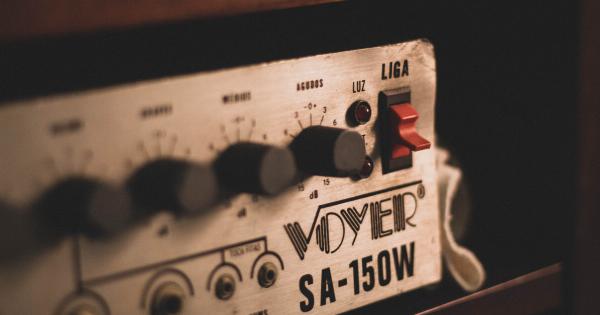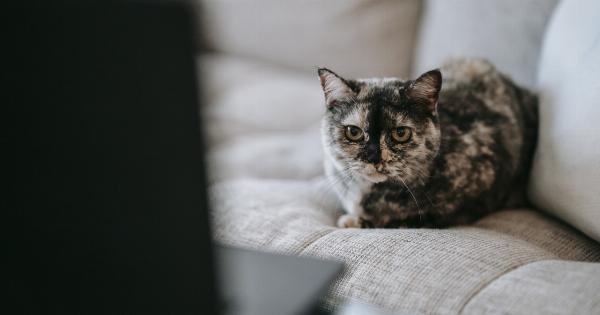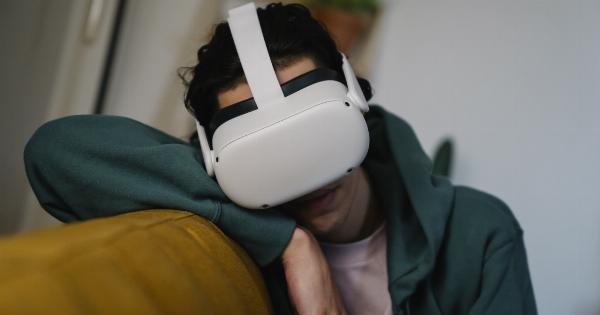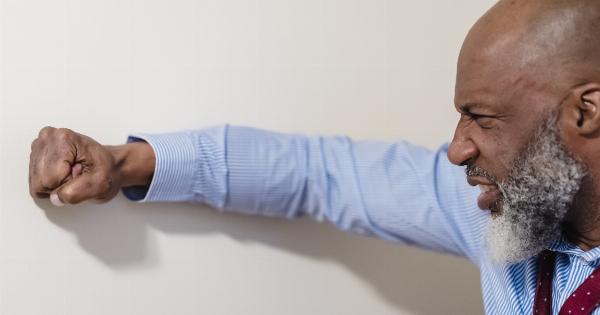Dementia is a neurodegenerative disorder that affects a person’s cognitive abilities, memory, and thinking skills. It can be a daunting condition for both the individual experiencing it and their loved ones.
While there is no cure for dementia, there are several memory aids that can help combat its effects and improve quality of life for individuals with dementia.
1. Memory Books
Memory books are personalized scrapbooks that can help individuals with dementia remember important events, people, and places from their past.
These books often include photographs, mementos, and written descriptions that provide cues to trigger memories and facilitate conversation.
2. Memory Clocks
Memory clocks are wall clocks that display the day, time, and date in large, clear letters and numbers. They are especially helpful for individuals with dementia who struggle with time orientation.
Memory clocks can help reduce confusion and anxiety by providing a constant reminder of the current time and date.
3. Digital Reminders
Digital reminder devices, such as smartphones or tablets, can be programmed to send alerts and reminders for various tasks and appointments. These devices can help individuals with dementia manage their daily routines, medications, and important events.
They can also provide visual and auditory cues to prompt tasks and help maintain independence.
4. Medication Management Systems
Medication management systems are designed to help individuals with dementia take their medications safely and accurately.
These systems can include pill organizers with alarms, medication dispensers with pre-programmed doses, and automated alerts to remind individuals to take their medicine.
5. Music Therapy
Music therapy has shown promising results in improving memory and mood in individuals with dementia. Listening to familiar songs or participating in group singing sessions can help stimulate memories and evoke positive emotions.
Music therapy can also reduce agitation and anxiety in individuals with dementia.
6. Cognitive Stimulation Programs
Cognitive stimulation programs involve engaging individuals with dementia in various activities and exercises that stimulate their cognitive abilities.
These programs can include puzzles, memory games, and activities that promote creativity and problem-solving. Cognitive stimulation programs have been found to improve memory, attention, and overall cognitive function in individuals with dementia.
7. Reminiscence Therapy
Reminiscence therapy involves discussing past experiences and memories to promote emotional well-being in individuals with dementia.
This therapy can be facilitated through structured conversations, memory prompts, or even using virtual reality to recreate familiar environments. Reminiscence therapy can help individuals with dementia retain a sense of identity and connection with their personal history.
8. Sensory Stimulation
Sensory stimulation involves engaging the senses to increase awareness and improve well-being. For individuals with dementia, sensory stimulation can include activities like gardening, aromatherapy, or listening to soothing sounds.
These activities can help reduce agitation, improve mood, and provide a sense of comfort and relaxation.
9. Technology-Based Cognitive Aids
With advancements in technology, there are several cognitive aids specifically designed for individuals with dementia.
These aids can include smartphone apps that provide memory prompts, GPS trackers for safety, and virtual reality experiences that aim to enhance cognitive function and provide sensory stimulation.
10. Pet Therapy
Pet therapy involves interactions with trained animals, such as dogs or cats, to provide comfort and companionship. Pets can help reduce feelings of loneliness, depression, and anxiety in individuals with dementia.
Additionally, interacting with animals can often evoke positive emotions and memories, improving overall well-being.
Conclusion
While dementia poses significant challenges, implementing memory aids can greatly enhance the lives of individuals living with this condition.
Memory books, memory clocks, digital reminders, and medication management systems offer practical and tangible support. Furthermore, therapies such as music therapy, cognitive stimulation programs, reminiscence therapy, sensory stimulation, and technology-based cognitive aids provide additional avenues for combating dementia’s effects.
Ultimately, combining these memory aids can contribute to improving the cognitive abilities and overall quality of life for individuals with dementia.




























